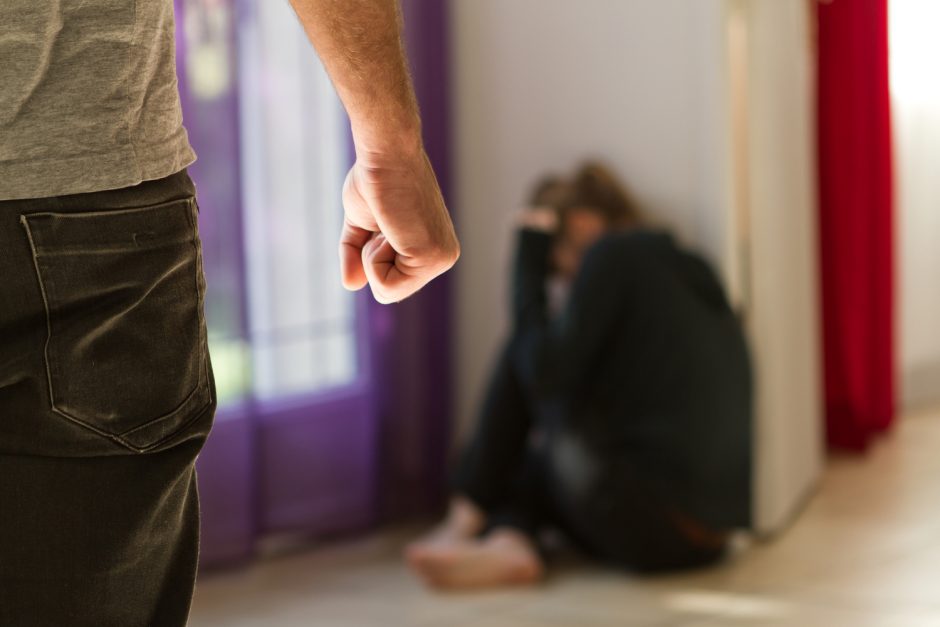Three Things You Need to Know About Domestic Violence in Florida
Domestic violence can take place in a variety of forms – some of which are visible, others are more difficult to detect. Noticeable bruises, injuries, and other types of identifiable trauma can serve as prominent signs of physical domestic violence. This type of domestic battery is aggressively prosecuted in the state of Florida, with penalties and long-term consequences that often far exceed that of conventional battery. Federal laws also make criminal certain acts that involve violence among family members or persons in a relationship.
There are three important things you should know when it comes to domestic violence in Florida:
- The definition of domestic violence
- The penalties in Florida
- Defenses to domestic violence charges
Domestic Violence Defined
Florida Statute 741.28 defines domestic violence as “any assault, battery, sexual assault, or any criminal offense resulting in physical injury or death of one family or household member by another who is or was residing in the same single dwelling unit”.
Domestic violence occurs when a family or household member injures or commits an offense against another family or household member, against the will of the family or household member. In Florida, domestic violence does not have to be “violent” or have an injury involved. Some examples are:
- Physical assault or abuse – with or without visible injury (includes touching, hitting, slapping, punching, pushing, shoving, kicking, biting and/or beating)
- Sexual abuse or unwanted sexual advances
- Stalking
- Threats of bodily harm
Penalties for Domestic Violence in Florida
Under Florida Law a person commits the crime of battery when they: (1) actually and intentionally touch or strike another person against that person’s will; or (2) intentionally cause bodily harm to another person.
If you read that carefully, you will note that per the elements of “battery” in Florida, something as simple as “intentionally touch(ing)” another person “against that person’s will” can be considered a battery. Notice, as well, that the elements have an “or” clause – meaning the elements involved do not have to be BOTH intentionally touching and intentionally causing bodily harm. Rather, the State can prove EITHER intentionally touching, OR intentionally causing bodily harm. As noted above, this means that the State can prove a battery charge just by showing an “intentional touching of another person against that person’s will” without having to show an injury.
Domestic violence battery is a first degree misdemeanor under Florida law, with a maximum penalty of up to one year in jail or one year of probation. However, second and third degree felony offenses can include prison time and much higher penalty fines. The accused can face additional mandatory penalties under Chapter 741, Florida Statutes, and other discretionary penalties, including:
- Completion of a Batterer’s Intervention Program
- Substance abuse evaluations and treatment
- Psychological evaluations and treatment
- Anger management classes
- Community service hours
- Imposition of an injunction or ‘no contact’ order
- Payment of hefty fines and court fees
- Restitution awards to the victim (for medical bills or other expenses caused by the battery)
- Loss of important civil liberties, such as the right to own a firearm
Defenses to Domestic Violence in Florida
Domestic violence battery is a defendable charge in Florida, but defense of these cases is complex and a decision to plead should not be made without consulting an experienced lawyer who will review your case and explain your legal options.
Some common defenses to domestic violence include:
- Self-defense
- Defense of others
- Defense of property
- Stand your ground
- Consent or mutual combat
- False allegations
- Lack of intent
Domestic violence is a serious charge and could have devastating consequences for the accused. It is extremely important to consult with a Tampa criminal defense attorney who understands your rights. If you or someone know has been involved in a domestic violence matter, contact Shiobhan Olivero at Olivero Law, P.A. today.


